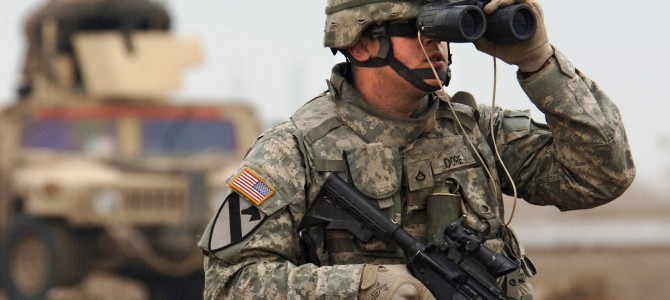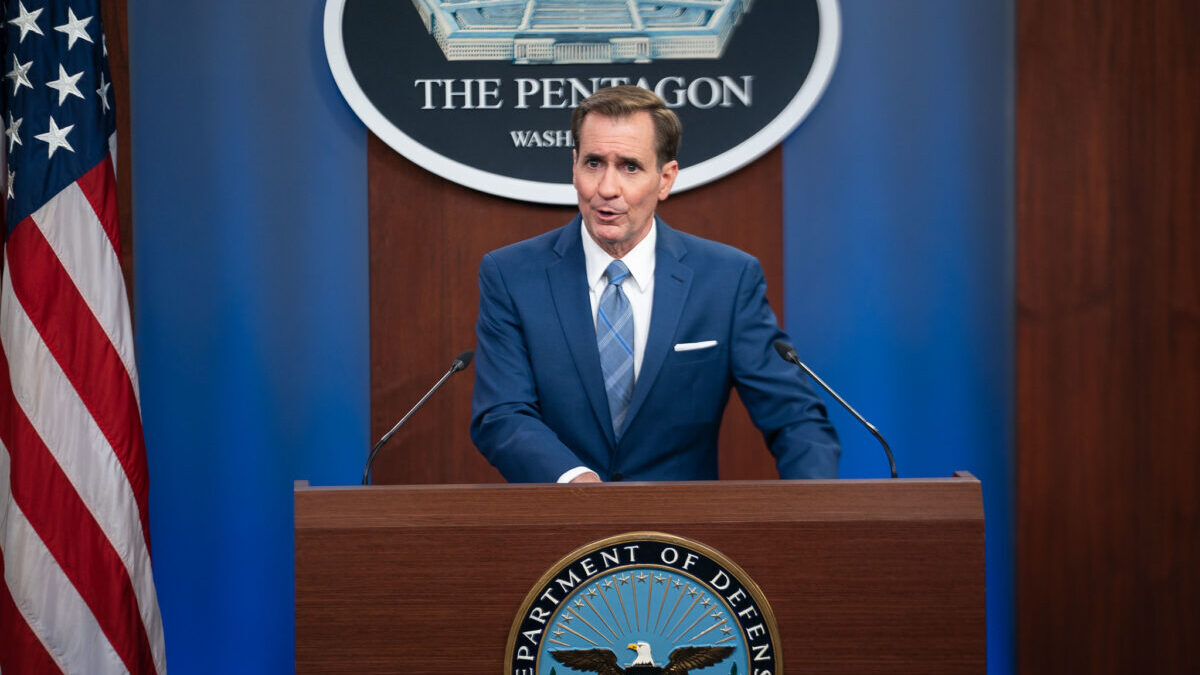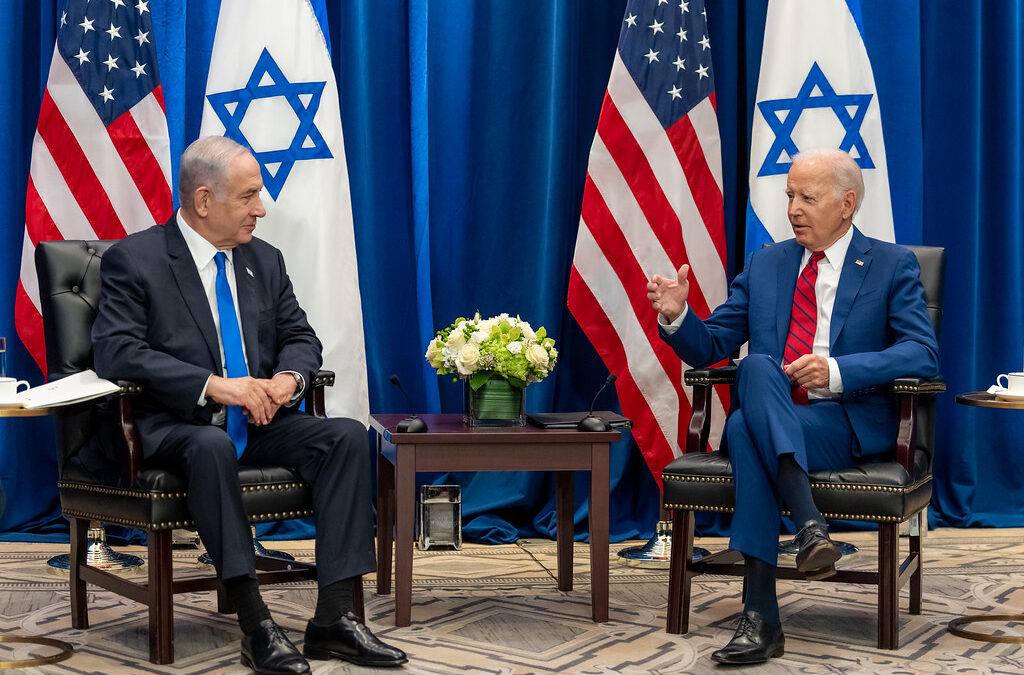
While trying to plug a leaking mine shaft in Colorado, Environmental Protection Agency Workers made a mistake that resulted in 3 million gallons of toxic wastewater flowing into to the San Juan River. Republican politicians like Colorado Reps. Scott Tipton and Cory Gardner jumped on the EPA for incompetence.
The spill was a big mishap. It made the water undrinkable for weeks and caused big damages. Yet when a much bigger mistake cost many times more lives and dollars, conservatives were not as harsh in their condemnations. In fact, some defended government when the Chilicot Report came out earlier this year laying out the incompetence of President George W. Bush and U.K. Prime Minister Tony Blair administrations regarding the Iraq War.
The British inquiry into the Iraq War, which came out in July, was the latest document to detail a lack of planning, reliance on questionable intelligence, and pattern of exaggeration among the men and women who sold the war. National Review, The Weekly Standard, and other conservative publications criticized the report as part of a continuing liberal attack on the war and on American wars generally. But their criticisms miss the mark.
Paul Mirengoff wrote on Powerline, “It is the left’s goal that heads of state in the U.S. and Britain never be able to lead their country into war. But what about a decision not to go to war? When leaders rely on intelligence that concludes the U.S. faces no imminent threat of attack but also contains hedging on this conclusion and dissenting views, are they required to give voice to the hedging and the dissent?”
Benny Avni of the New York Post wrote that “lack of leadership and inaction, while much harder to write lengthy reports about, can be just as bad, if not worse.”
But there is one thing worse than lack of leadership, and that is leading people off a cliff. National security hawks now, as then, raise concerns that if the United States doesn’t get involved, a situation will spiral out of control and result in mass American deaths. The world is on fire, we are told, and only America can put that fire out.
We Were Wrong about Democracy’s Efficacy
Yet a war can just as easily lead to mass American deaths. In fact, in the years since 9/11, 30 times more Americans died fighting in Iraq than died from terrorist attacks. Those mistakes have been well-reported over the years, and the Chilicot Report adds some details but not too much groundbreaking information. In short, the United States and United Kingdom didn’t do enough preparation and were overconfident about their ability to spread democracy to a country with no experience of such. It was a classic example of idealism overpowering cold analysis of facts.
Bush thought spreading democracy would mean more freedom, and that freedom and democracy would create open societies and discourage radicalism. We Americans value our political freedoms. Seeing people around the world suffer under tyranny is disheartening indeed, and it would be wonderful if all people could live in freedom.
But events in recent years in places like Egypt, with its election of the Muslim Brotherhood; Libya, which collapsed into chaos; Venezuela, where Hugo Chavez won multiple semi-democratic elections; Thailand, which suffers from coups and populism; and others show that democracy doesn’t always work everywhere.
Bush didn’t spend enough time considering whether there was a reason Iraq didn’t have democracy and hadn’t had democracy before. Wishing for something is one thing, but one’s wishes and ideals shouldn’t invade the life-and-death decisions of the commander in chief.
Falling Off the Other Side of the Horse
Barack Obama came into office with somewhat different ideals than Bush, but he shared the same problem of being led too much by his ideals. He thought the world didn’t need America’s overbearing presence. He thought the United States caused too many problems in the world. He won the Nobel Peace Prize just for promising to bring peace.
His ideology also had grains of truth to it. The United States did cause many problems with overly aggressive interventions. Realizing the limits of American military power is important and Bush didn’t give enough thought to it.
But Obama was so wed to the idea of “peace,” he didn’t think of how to win peace. His ideology made him think he could leave Afghanistan and Iraq with no dire consequences to the United States. He should have listened to John McCain, who said, “If we do that [pull out of Iraq] then al-Qa’eda wins, we have chaos and genocide throughout the region and they will follow us home.” Since then, America has pulled out of Iraq, chaos and genocide has spread throughout the region, and they have followed us home.
(Here some will argue that it was Bush’s fault for invading Iraq, not Obama’s fault for withdrawing. But Obama faced the problems of Iraq when he came into office. He couldn’t go back in time. He could have taken a different course of action regarding the situation that existed.)
In 2011, Obama gave his own “Mission Accomplished” speech at Fort Bragg, stating:
One of the most extraordinary chapters in the history of the American military will come to an end. Iraq’s future will be in the hands of its people. America’s war in Iraq will be over. … Everything that American troops have done in Iraq – all the fighting, all the dying, the bleeding and the building and the training and the partnering, all of it has landed to this moment of success.
Since then Obama has begun campaigns of air strikes in Iraq and Syria and sent more troops. There are now 5,000 service members on the ground in Iraq, and generals want more. Meanwhile, Obama has slowed the ongoing withdrawal from Afghanistan.
The result is neither peace nor an end to American involvement. When ideology and ideals dictate policy, it is bad policy. These mistakes caused a sectarian civil war to engulf Iraq in the first place, then caused ISIS to have its run of the place with little resistance. Both Bush and Obama—and any government institutions involved—should be blamed for their terrible decisions. It’s the government’s fault for making those errors, not our fault for pointing them out.
As citizens, it is our job to hold our governments accountable. Unfortunately, citizens can be slaves to our own ideologies, just like a president can.









